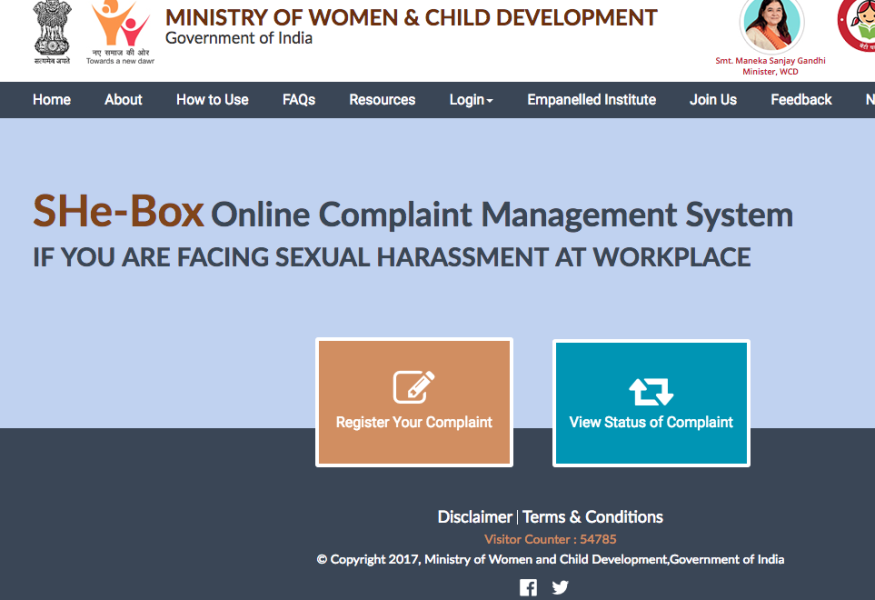The law has provided a detailed mechanism for filing complaints related to sexual harassment at the workplace. If you have been sexually harassed at the workplace, follow the steps given below to file a complaint for sexual harassment against your harasser.
In Writing(( Section 7(1), Sexual Harassment of Women at Workplace (Prevention, Prohibition and Redressal) Rules, 2013; Section 9, Sexual Harassment of Women at Workplace (Prevention, Prohibition and Redressal) Act, 2013.))
- Draft a complaint
- Make six copies of the complaint
- Submit any supporting documents with the complaint
- Submit the names and addresses of any witnesses who are supporting your complaint
- Submit your complaint to the Internal Committee* within three months(( Section 9(1), Sexual Harassment of Women at Workplace (Prevention, Prohibition and Redressal) Act, 2013.)) of the sexual harassment.
If you cannot write the complaint on your own, the Committee can help you. A complaint can be filed by someone else on your behalf, such as:3(( Section 6, Sexual Harassment of Women at Workplace (Prevention, Prohibition and Redressal) Rules, 2013.))
- Your relative or friend
- Your co-worker
- An officer of the National Commission for Women or State Women’s Commission
- Any person who has knowledge of the incident, with the written consent of the victim
If you do not want to file a formal complaint they can try to work out the situation with the other person. This is called “conciliation”(( Section 10, Sexual Harassment of Women at Workplace (Prevention, Prohibition and Redressal) Act, 2013.))
*If your workplace does not have an Internal Committee, you can go to the Local Committee that is closest to you(( Section 6(1), Sexual Harassment of Women at Workplace (Prevention, Prohibition and Redressal) Act, 2013.)).
Online
You can also complain on the website of the Ministry of Women and Child Development through the SHe-Box.
